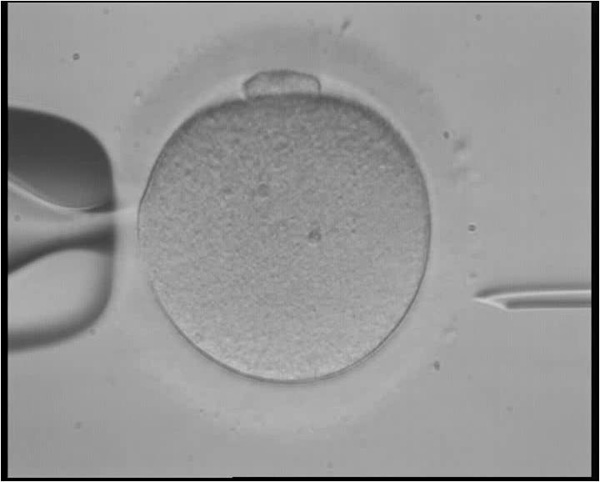Men conceived through in vitro fertilization (IVF) may have more fertility problems related to sperm quality and quantity, compared to naturally-conceived males. The primary conclusion of the first analysis of a cohort of males conceived through IVF in the 1990s, the research could have an impact on when the fertility treatment is used.
All of the men in the study were conceived using a part of the IVF process known as intracytoplasmic sperm injection (ICSI). This procedure uses sperm collected from the father to stimulate fertilization by injecting it directly into the mother’s egg. Once the egg has been fertilized, it is implanted into the mother’s uterus.
Men with infertility issues surrounding low sperm count or low sperm quality benefit from ICSI as doctors are able to select the best sperm from a sample to maximize the chances of conception. Since many causes of infertility are the result of genetic abnormalities, Professor André Van Steirteghemat and his colleagues at the Centre for Reproductive Medicine at the Vrije Universiteit Brussel (VUB) in Belgium, sought to find out whether male offspring of these men suffered from the same infertility issues.
After analyzing 54 men aged 18 to 22, who were born as a result of the ICSI procedure between 1992 and 1996, the researchers found that many of them had fertility problems. The results of the study were published in the journal, Human Reproduction. Fifty of the 54 men conceived through ICSI had fathers with male-factor infertility, while the reason for the fertility issues for the parents of the remaining four men was unknown.
Semen samples were collected from all the men, as well as from a group of control males conceived naturally, which was assessed for sperm quality and quantity. The researchers found that men conceived through ICSI had a two-fold lower sperm count, and total motile sperm count, compared to the control men.
“These findings are not unexpected,” said Van Steirteghemat. “Before ICSI was carried out, prospective parents were informed that it may well be that their sons may have impaired sperm and semen like their fathers. For all the parents, this information was not a reason to abstain from ICSI because, as they said: ‘if this happens, ICSI can then also be a solution for our sons.’
“These first results from the oldest group of ICSI-conceived adults worldwide indicate that a degree of ‘sub-fertility’ has, indeed, been passed on to sons of fathers who underwent ICSI because of impaired semen characteristics. The study shows that semen characteristics of ICSI fathers do not predict semen values in their sons. It is well established that genetic factors play a role in male infertility, but many other factors may also interfere. Furthermore, correlation is not the same thing as causation.”
The researchers suggest that while the results cannot be generalized to all male children conceived as a result of ICSI, the procedure should be monitored more closely. They suggest that the fertility and general health of children conceived using assisted reproduction, including IVF, should be followed.












Join or login to leave a comment
JOIN LOGIN